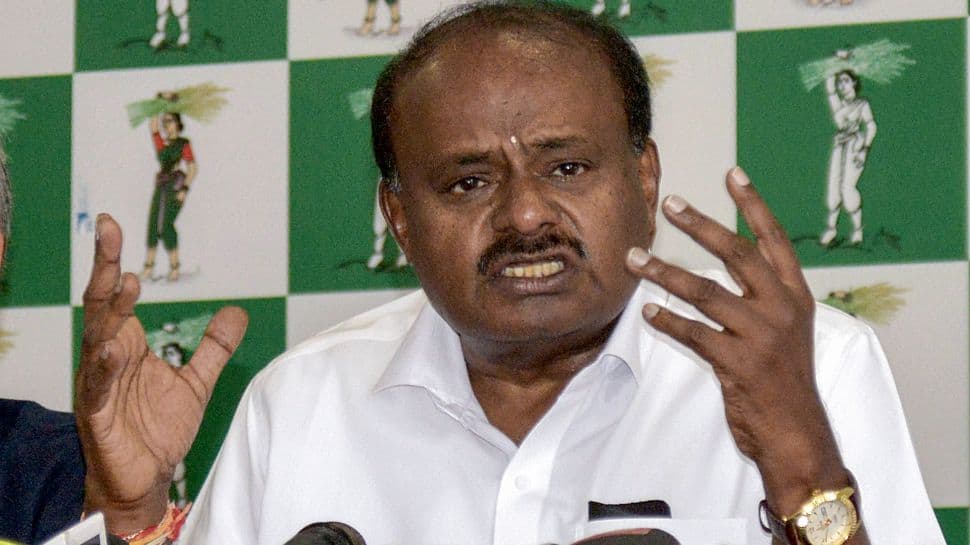Reported By: Rabiul Islam
In a move aimed at strengthening domestic manufacturing and ensuring high-quality standards, the Ministry of Steel has issued fresh exemptions under its order dated 13 June 2025.
This new directive provides two key relaxations: First, imported steel products with a Bill of Lading date on or before 15 July 2025 are exempted from the mandatory requirement of using BIS-compliant input steel. This window allows certain pre-shipped consignments to clear without facing sudden regulatory hurdles, offering relief to traders caught in transition.
Second, integrated steel plants (ISPs) within India are exempted from the same requirement for their final products, provided they undergo verification of their BIS licences. To avail this, ISPs must submit a declaration to the Ministry of Steel confirming their status along with supporting BIS documentation. Any false declaration can lead to penalties, including debarment in the Steel Import Monitoring System (SIMS).
These changes come against the backdrop of increasing scrutiny of steel imports, especially from China, Vietnam, and Japan. Over the past year, the Steel Ministry uncovered widespread malpractices where traders tried to bypass quality norms by misrepresenting the grade and composition of imported steel. In many cases, importers sought approval for “new” or “modified” grades that did not meet Bureau of Indian Standards (BIS) norms, allowing them to bring in cheaper and weaker materials.
Earlier data showed over 1,100 import applications involving steel grades not officially recognised or covered under BIS. Many of these so-called new grades had only minor tweaks, clearly revealing a strategy to flood the Indian market with inferior steel.
India has been importing around 400,000 tonnes of non-BIS-compliant steel each year, worth nearly Rs 4,200 crore. The new order supports India’s broader push to reduce dependence on imports, improve quality checks, and strengthen local production.
The Ministry’s latest decision is expected to boost the ‘Make in India’ programme. By insisting that only BIS-compliant steel be used, the government is protecting consumers and encouraging Indian producers to expand capacity.
Many domestic steelmakers — both public and private — have already assured the government they will ramp up production and keep prices stable. Two major producers have committed to supplying enough steel to meet local demand and avoid sudden price spikes, at least until December 2025. This aligns with the vision of a self-reliant India, or ‘Atmanirbhar Bharat’, where local industries cater to domestic needs and create jobs.
Moreover, these steps will help stop the inflow of Chinese-origin steel entering India through Vietnam and other routes. The Ministry had highlighted that many so-called Vietnamese shipments were actually Chinese products re-routed to bypass trade barriers. By enforcing BIS norms on both final products and input materials like billets and coils, India is closing these loopholes that have hurt local steelmakers.
Overall, this order marks a clear step toward building a stronger, more reliable steel ecosystem in India. It protects safety standards, supports local manufacturing, and reinforces India’s goal of becoming a global manufacturing hub. For a sector that is critical to infrastructure and countless industries, such policy clarity sends a strong message: India is serious about quality and self-reliance.
This is not just a regulatory update; it is a decisive move to empower Indian producers, enhance global competitiveness, and place ‘Make in India’ firmly at the centre of the country’s growth story.
#Steel #Ministry #Tightens #Screws #Dubious #Cheap #Imports #Short #Relief #Window #Focus #Shifts #India #push
H. D. Kumaraswamy, Ministry of Steel,H. D. Kumaraswamy, Ministry of Steel
latest news today, news today, breaking news, latest news today, english news, internet news, top news, oxbig, oxbig news, oxbig news network, oxbig news today, news by oxbig, oxbig media, oxbig network, oxbig news media
HINDI NEWS
News Source


